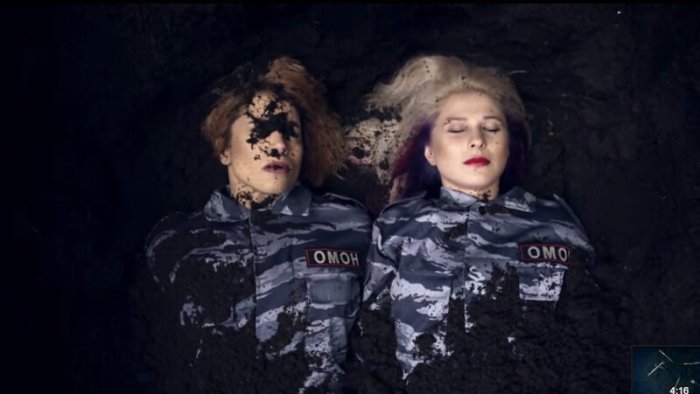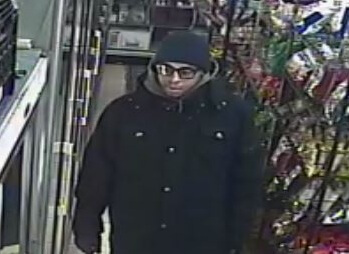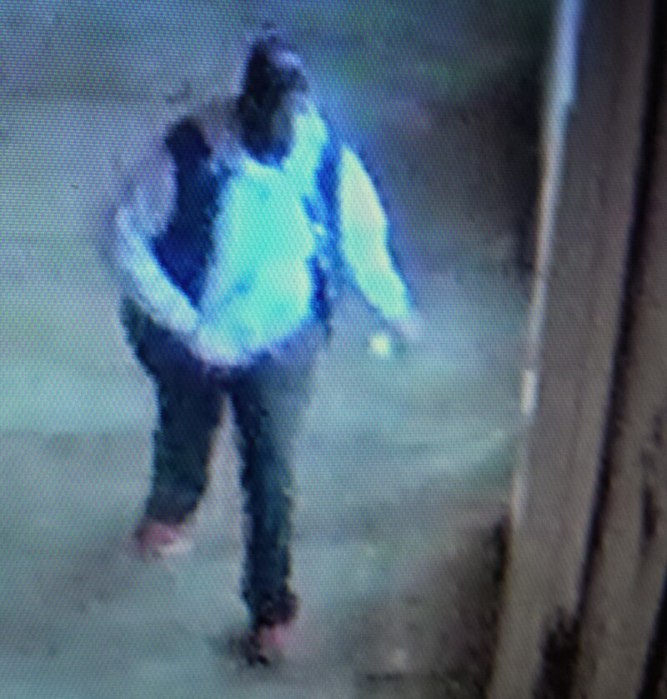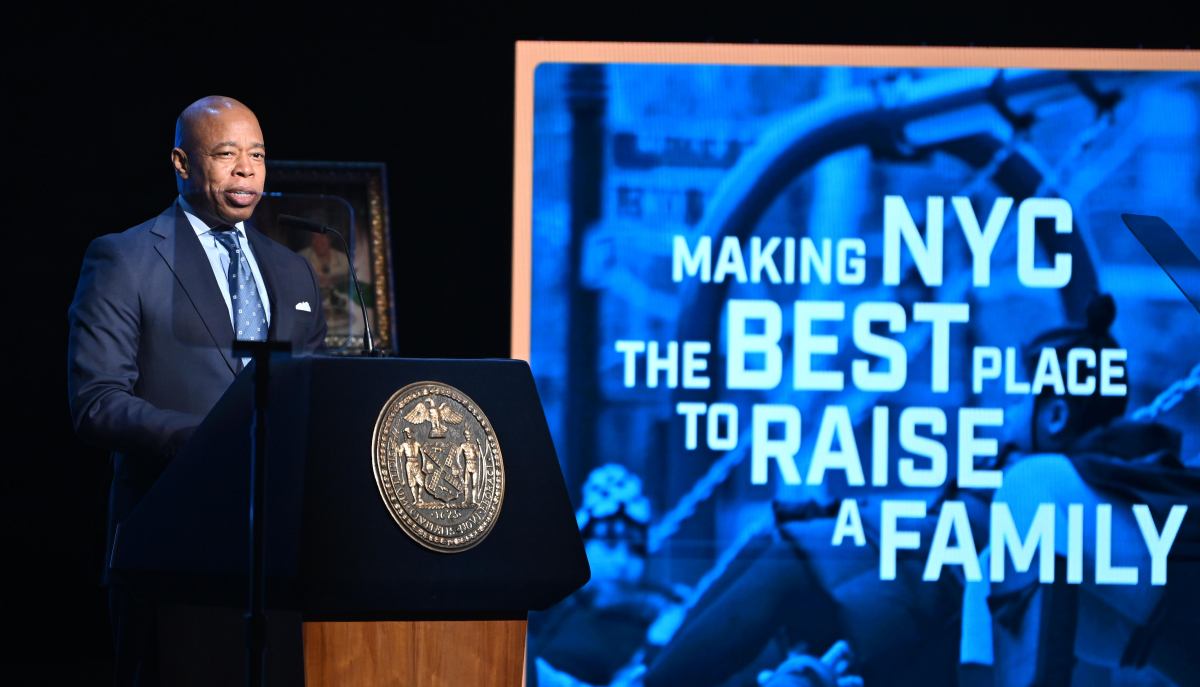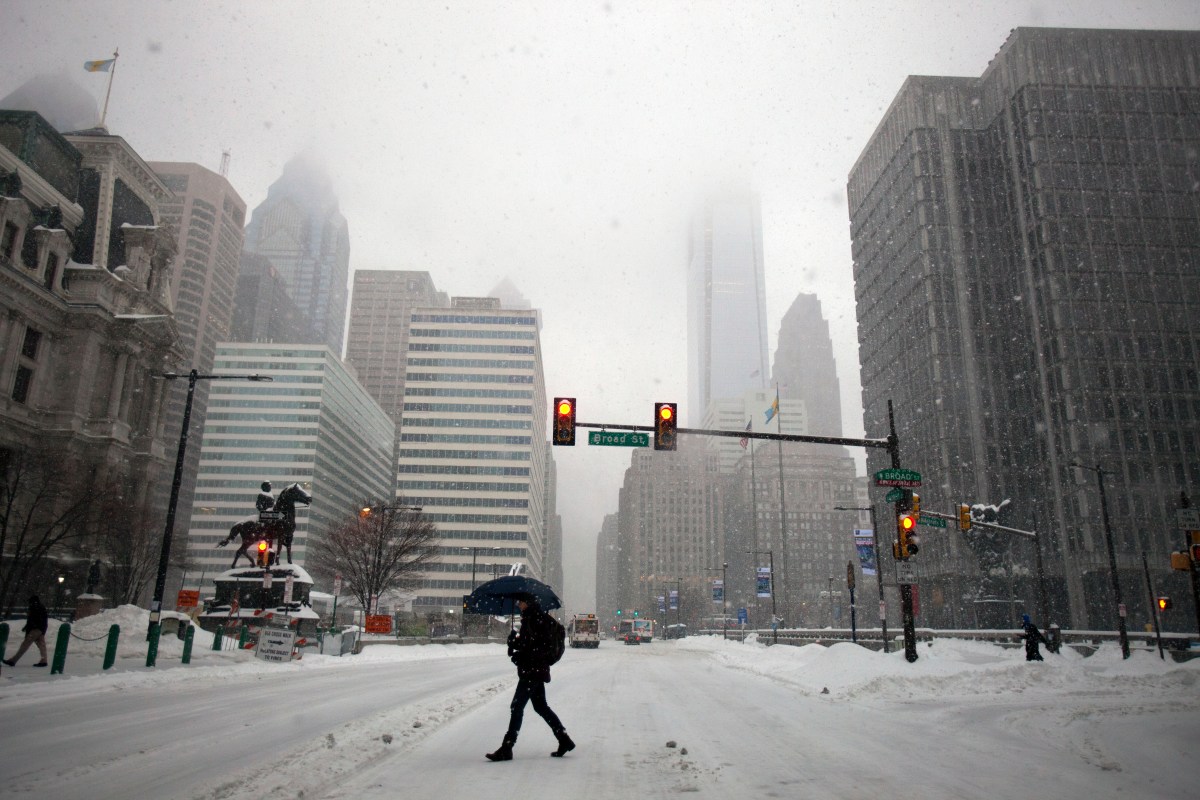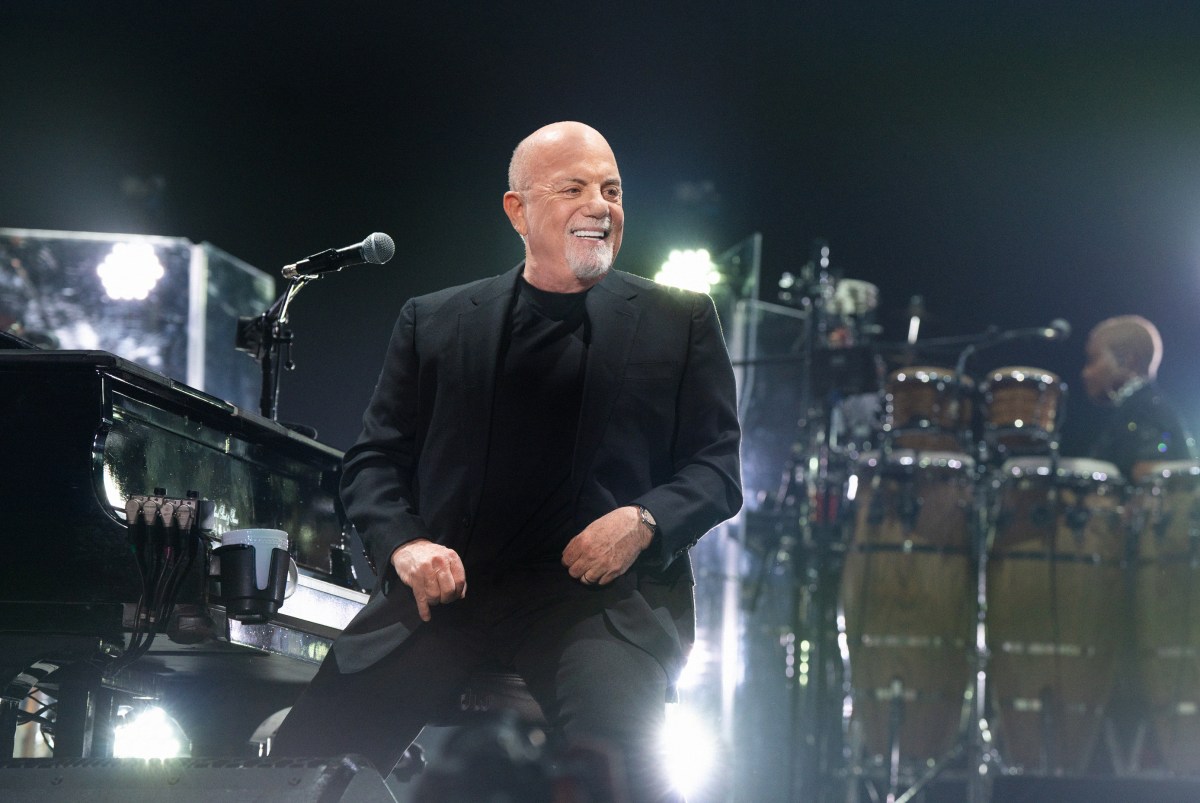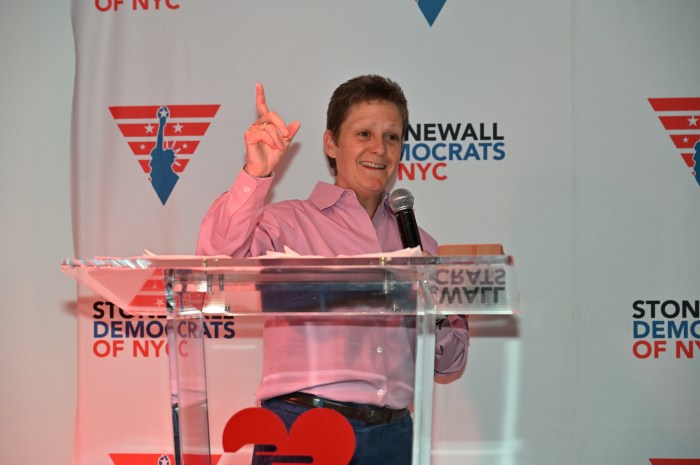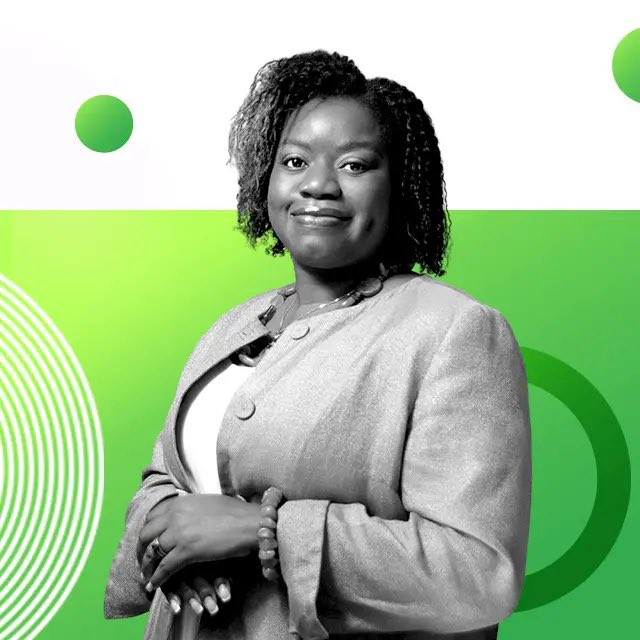Martha Gualotuna sat in a crowded meeting room in Jackson Heights in December, listening intently to a presentation that detailed how and when she will be able to sign up for New York City’s new municipal ID card program. “It will mean a lot to finally have something in this country with my name and photo,” she said in Spanish after the meeting at community organization Make the Road’s offices.
The IDNYC card, which debuted on Monday, was one de Blasio’s earliest promises before his inauguration, having pitched it during his 2013 campaign. The City Council passed a bill to create the program shortly thereafter, with de Blasio signing it into law last summer. Applicants for the new card have to complete an IDNYC application online or at any of the 17 IDNYC Enrollment Centers citywide.
Gualotuna, 55, came to Corona, Queens in 1995 from Ecuador without documentation. She spends most days of the week working as a mechanic.
Unlike her customers, she cannot legally drive. New York State is one of many that do not allow undocumented residents to apply for a driver’s license— which many New Yorkers come to rely as their single form of identification. However, come Monday Gualotuna will be eligible for one of the new municipal ID cards. The card may add confusion to an already complicated immigration system for those trying to navigate it.
“It strikes me as a little unfair to give people who are here illegally the impression that this card is going to make their lives much better,” Vaughn said.
Applicants must provide proof of identity and residency through any number of 40 categories of identification documents that will weighed be differently — not unlike the state DMV for a license. But certain exceptions will be made for homeless applicants. The city-issued card cannot be used as ID for travel, nor is does it work as a driver’s license.
Back in Queens, a handful of Guatoluna’s neighbors at the meeting still had questions about who will recognize the ID after the informational meeting. One woman asked if her family in Long Island can apply for the card, another man asked if he could use it to travel back home. Even Gualotuna herself said she knows many of her neighbors and friends will be reluctant to volunteer their information to a government agency.
Still, advocates argue the card will encourage underserved New Yorkers to seek help from city agencies — including NYPD — that they might have avoided out of fear of deportation.
To that end, the Human Resources Administration promised to prevent direct access of certain information to law enforcement agencies, and that all access to information will be tracked.
Immigration status is not asked of applicants, and Mayor Bill de Blasio told reporters on Monday he saw no scenario where changes in immigration policy in Washington D.C. would undermine the program. “If things really go haywire in D.C., we have the ability to change our program when – if we need to,” added Nisha Agarwal, commissioner for the Mayor’s Office of Immigrant Affairs. Brooklyn City Councilman Carlos Menchaca, who co-sponsored the bill, told Metro in December that the City Council already built in robust oversight powers over data, access to which will require judicial warrants or subpoenas. “This is really going to come down to logistics,” Menchaca added. “There going to be kinks. We’re already expecting them, but New York City doesn’t shy away from fixing its kinks.” But systemic hiccups aren’t much of a concern for Gualotuna, whose priority is being able to see the three of her five children in Ecuador she hasn’t seen in decades. She said she knows the card isn’t full citizenship. “But its a start,” she said.
Introduction of the ID is not without its problems, said Jessica Vaugn of the Center for Immigration, a nonpartisan group that supports limits on immigration.


